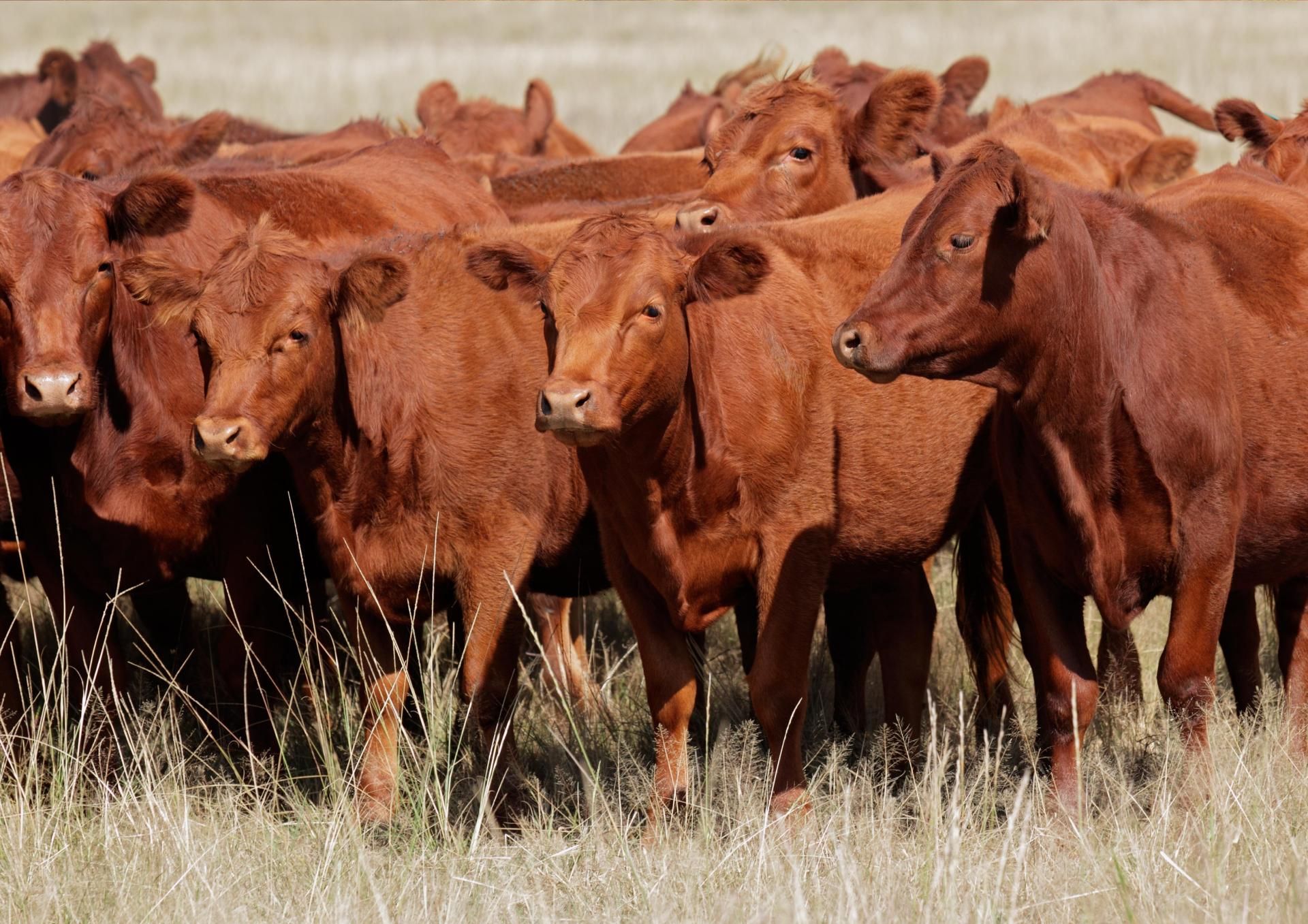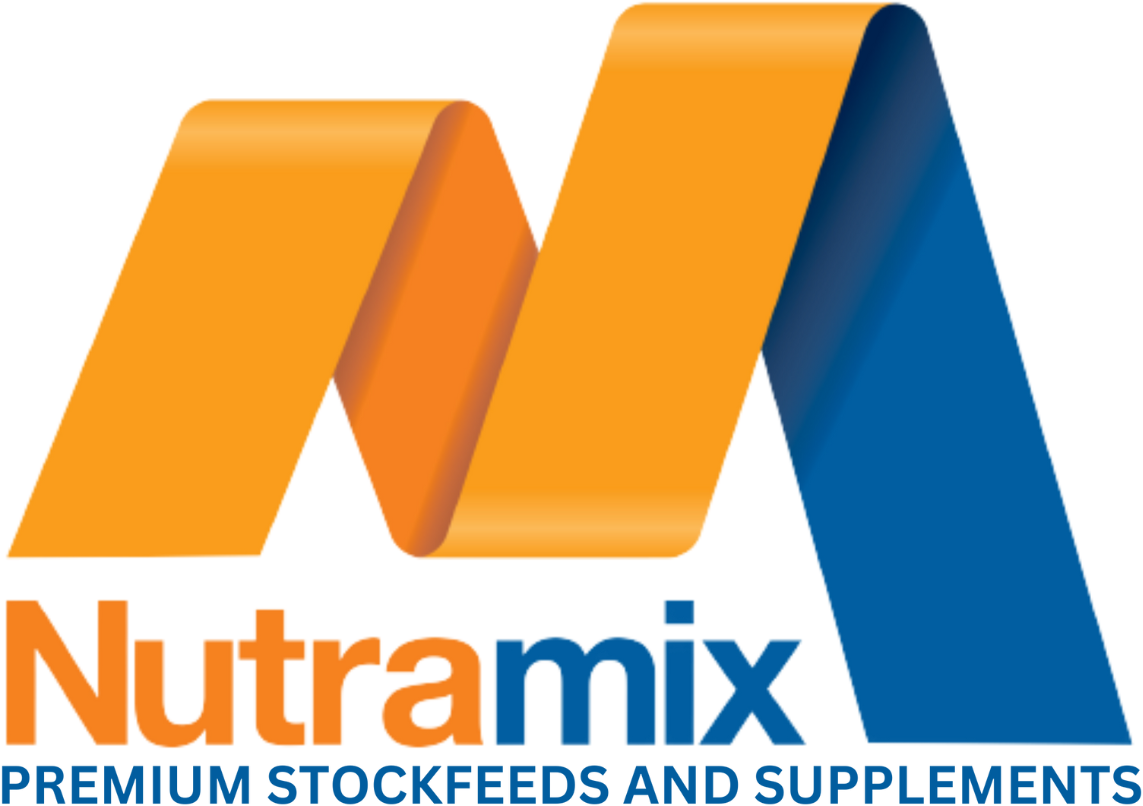Sulphur for Sorghum
Summer forage crops are a great source of feed and increases animal performance with excellent returns. As with other forage crops, the young green leaf and shoots of sorghum are the most digestible and initially have the highest feed value however sorghum has a toxic component in the plant when young, immature, and fast growing. Prussic acid poisoning has been recognised for many years in cattle grazing forage sorghum crops. There are many factors that influence the incidence of Prussic Acid poisoning, and the great news is, it’s preventable through management and nutritional supplements.
What is Prussic Acid?
Prussic Acid is hydrogen cyanide. Sorghum, silk sorghum and some woody plant species can accumulate cyanide within the plant. In the plant, cyanide naturally exists as part of plant compounds in a non-toxic form called cyanogenic glycosides. When plant cells are damaged, through chewing, trampling, freezing, heat stress or any other stress factors, the cyanogenic glycosides combine with a specific enzyme to product hydrogen cyanide. Prussic Acid is a potent fast acting poison which enters the blood stream and inhibits oxygen utilisation by the cells. In plan words, this causes the animal to suffocate from within the body.
Factors influencing prussic acid levels
- Stress – a plant that is under stress, particularly moisture stress, will have higher prussic acid causing compounds than plants that are not stressed, this is heightened again, if the plant in below 50cm tall.
- Stage of growth – the level of prussic acid decreases as the plant matures, plants 0.8-1m have a significant lower risk of prussic acid, provided the plant is not stressed.
- Sorghum type – different types of sorghum species have different prussic acid levels. Sudan grasses are considered to have low levels, whereas sweet sorghums and grain sorghums have high levels of compounds that contribute to the production of prussic acid.
- Soil nutrients – high nitrogen level within the plant can increase the prussic acid content, as can low soil phosphorus levels.
Symptoms of Prussic Acid poisoning
There are key symptoms of prussic acid poisoning, however it is always advised to get a diagnosis from a registered veterinarian.
Key symptoms include;
- Muscle trembling
- Staggers
- Deep and rapid breathing
- Frothing from the mouth
- Gasping respiration
Collapse, coma and death may occur in extreme cases. Cattle have the ability to detoxify prussic acid with the correct nutritional supplements.
Preventing Prussic Acid poisoning
Prevention is King! Management and nutrition of the plant and animal are key to preventing prussic acid poisoning. Recommended grazing management strategies for forage sorghum are;
- SULPHUR – Supplementary Sulphur is a must when grazing forage sorghum. More detail about sulphur supplements are in the next section
- Plant height – plants should be above 80cm tall for grazing.
- Stock condition – stock should not be starving or hungry prior to grazing forage sorghum crops. Making sure cattle are full of supplement dry feed before introducing to forage sorghum crops helps lower the incidence of prussic acid poisoning at first introduction.
- Salt – all forage sorghum varieties are low in salt, animals that have a supplement containing salt will perform better.
Sulphur Supplementation
Feeding a product high in sulphur, like Nutramix’s Forage promix, is a simple and effective way to supply sulphur to cattle that are grazing forage sorghum crops. When stock are grazing forage sorghum, particularly as the sole source of feed, they will become sulphur deficient due to the increased use of sulphur within the body and forage sorghums being typically low in sulphur. The significant effects of prussic acid may not be the obvious signs of sulphur deficiency, however loss in weight gains and poor animal performance are key indicators. Sulphur deficiency is exponential when prussic acid level is high. Sulphur is a key component in the prussic acid detoxification process within the animal. So long as the animal has an adequate sulphur intake, they can detoxify prussic acid.
Forage Promix
Nutramix’s Forage Promix, is the ideal supplement to aid in increase sulphur intake on forage crops this summer. Detoxify and increase production through the specifically design and formulate low consumption drylick. Suitable for all classes of livestock include sheep. With an unbeatable nutritional analysis, the Forage Promix is the only supplement any grazier should consider this forage feeding season.

